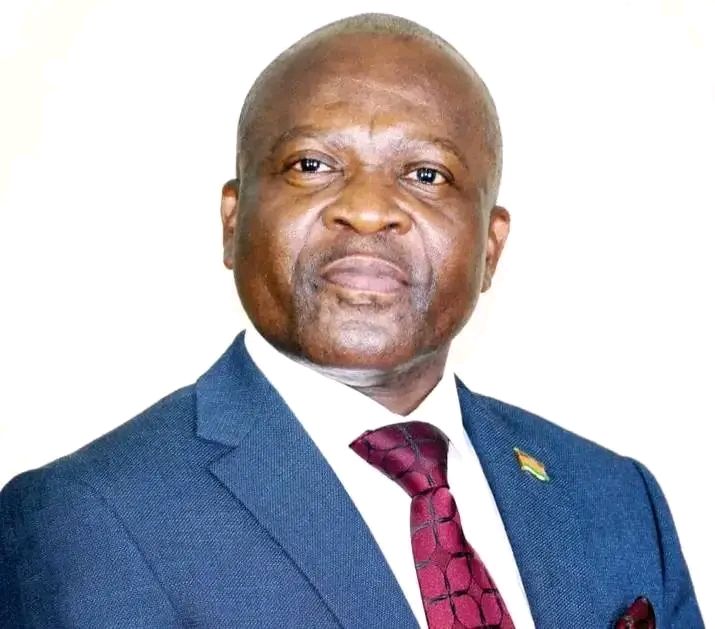By Burnett Munthali
The absence of UTM (United Transformation Movement) officials and party members during the inauguration of Dr. Michael Usi as Vice President of Malawi has sparked significant political discourse and raised questions about internal party dynamics and strategic decisions within the Tonse Alliance. This article explores the implications of this absence and proposes potential strategies for UTM moving forward.
Political Implications:
Firstly, the absence of UTM officials suggests potential internal divisions or discontent within the party. It may reflect disagreements over strategic alliances, leadership roles, or the distribution of political influence within the Tonse Alliance. This absence could indicate a need for UTM to address internal cohesion and resolve any underlying issues to present a unified front to the public.
Secondly, political parties are judged not only by their policies but also by their unity and coherence. The absence of UTM members at such a significant national event could be perceived negatively by the public, potentially eroding trust and support. It may convey a message of disunity or lack of commitment to the collective governance agenda of the Tonse Alliance, which could impact UTM’s credibility among voters.
Thirdly, the absence might strain relations between UTM and its allies within the Tonse Alliance, particularly the MCP (Malawi Congress Party). It could lead to speculation about the stability and longevity of the alliance, raising questions about UTM’s future role and influence in the coalition government. Effective communication and reconciliation efforts are crucial to maintaining productive relationships and ensuring effective governance.

Way Forward:
UTM leadership should prioritize internal dialogue and reconciliation to address any grievances or disagreements among party members. Transparent communication and inclusive decision-making processes can help rebuild unity and trust within the party.
UTM needs to engage proactively with the public and media to clarify its stance and commitment to national governance and unity. Public outreach campaigns, press statements, and public appearances by party leaders can help mitigate negative perceptions and reaffirm UTM’s dedication to its political agenda.
It is essential for UTM to reaffirm its commitment to the Tonse Alliance while asserting its role and contributions within the coalition. Strengthening alliances with coalition partners, particularly through constructive engagement and support for shared governance objectives, can enhance UTM’s political influence and effectiveness within the government.
UTM should develop a robust long-term strategy that aligns with its core values and policy priorities. This strategy should include clear objectives for governance, economic development, social justice, and anti-corruption efforts, reinforcing UTM’s identity and relevance in Malawi’s political landscape.
In conclusion, the absence of UTM officials at Vice President Michael Usi’s inauguration has underscored the complexities and challenges of coalition politics in Malawi. Moving forward, UTM must focus on internal unity, public trust-building, and strategic alignment within the Tonse Alliance to effectively contribute to national development and maintain its political standing. By addressing internal dynamics and reaffirming its commitment to governance, UTM can navigate these challenges and emerge stronger in pursuit of its transformative agenda for Malawi.


